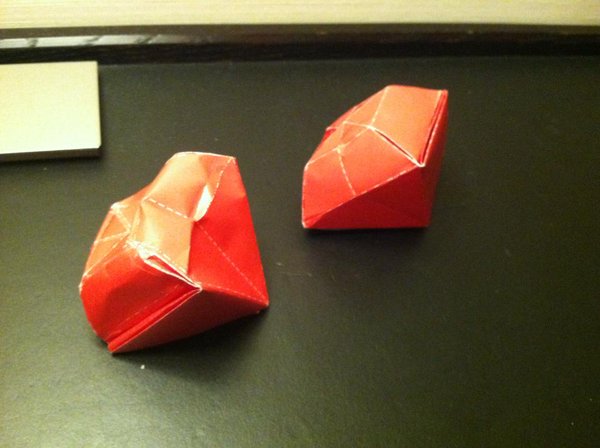My First Ruby Meetup in Japan

This post is a bit of a train of thought. I graduated from a coding bootcamp back in December and I’m now two months into work life. It was just natural for me to start looking back and reflecting on how my programming journey first began even though I know it is still the beginning!
So, coming from a bootcamp, Ruby is my first programming language. I think one of my favourite things about it is the amazing community. There’s a saying “Matz is nice so we are nice”. I loved the feeling about it. It was so positive and I felt it mirrored this love of programming and learning I had that eventually compelled me to sign up for a coding bootcamp. But as someone that started learning at a bootcamp, I dealt with imposter syndrome. Did I dupe my way past admissions? Do I really belong in the programming world? I did not major in computer science in college. But when I began to embrace this struggle and recognize that yes, learning to code is hard, I began to relax and keep myself open to learning. It was not as though I wasn’t trying hard to learn, but it seemed that my own anxiety and worry kept me from realizing that this struggle is normal and had nothing to do with my fear that perhaps I was just incapable of learning to code. I also began to get involved in the Ruby community and attending local meetups. People are very friendly and willing to help out. In New York, I enjoy going to meetups like NYC.rb and Ruby Roundtable to meet fellow Rubyists and learn something new.
Then, graduation from the bootcamp happened and I found the opportunity to do something that I’ve always wanted to do - go to a Ruby meetup in Japan. Ruby was developed by Yukihiro Matsumoto in Japan and I was curious to see if the Ruby community was different in its birthplace than it was here. The meetup I attended in Tokyo was asakusa.rb. It’s organized by Akira Matsuda who was very friendly and welcoming when I expressed an interest in attending the meetup (:
In a bit of a coincidence I had also just attended If Conference 2016 which was a tech conference related to NYC’s Japanese startup scene. There, I learned that the startup scene in Japan is not huge and unlike Israel and NYC, the culture there is not so friendly towards startups. One particular talk I really enjoyed was Nulab’s Masa about creating a startup community in Fukuoka and the challenges faced in doing so. His enthusiasm really made the talk! He also shared his experiences when organizing Myojowaraku which is a creative tech event in Fukuoka and I learned about the startup visa that Fukuoka recently introduced. So Fukuoka does seem to be more startup friendly. But overall, I got the impression that most people in Japan have a view that working at a startup does not show success as much as working in a big company and so, there is a smaller startup culture in Japan than here in New York. This was interesting to me as I felt a great deal of the Ruby on Rails jobs offered in NYC tend to be for startups.
Anyway so Tuesday night in Tokyo and I was in Shinjuku Electric Street ready to meet some people of Japan’s Ruby community. The meetup started off with a programming session where everybody was working on their own projects. We had an introduction session where I was guided through making an origami Ruby. As seen from my photo above, my origami does need some work. Afterwards, we all went out for dinner (I’ve been dreaming about the food ever since. One of my favourite things about visiting Tokyo has to be the food.) People were super friendly and did not seem to mind that my Japanese was practically non-existent. Some things I learned about Japan’s tech scene was that Ruby is actually more popular than Python which was surprising to me. I was also told that most people that were using Ruby were also hobbyists. People there were amazingly welcoming to me and despite the language barrier, I feel a love of coding really does bring people together. I had an incredibly good time. I look forward to the next time I have another opportunity to visit and will hopefully be able to also bring a better understanding of Japanese (: